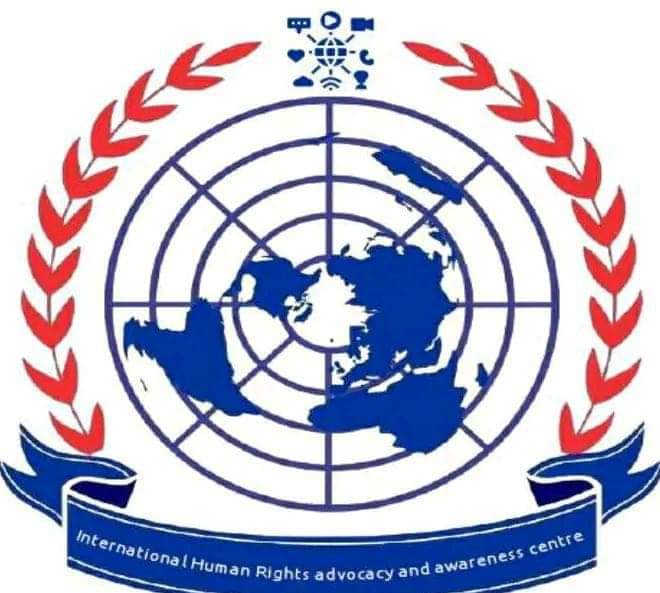IHRAAC Advocacy Statement - Jibia Incident, Feb 8, 2024

International Human Rights Advocacy and Awareness Centre IHRAAC Ltd/gte RC: No 6864777, UN Partner, Observer at African Commission for Human and People's Rights, USAID Partner
IHRAAC Advocacy Statement Update - February 8th, 2024
IHRAAC condemns in the strongest terms the reprehensible act perpetrated by bandits in Jibia metropolis, specifically in Kwata Quarters of Jibia Local Government Area, Katsina State, on Thursday, February 8th, 2024. The abduction of Murja Sirajo, along with her two children, Adnan Sirajo (15 years old) and Badaru Sirajo (10 years old), is a deplorable violation of their fundamental human rights and a stark reminder of the prevailing insecurity in the Northwest region.This incident underscores the urgent need for concerted efforts to address the root causes of insecurity and violence in the region.
IHRAAC is deeply concerned about the safety and well-being of the abducted individuals and their family members, and we call for their immediate and unconditional release.
Furthermore, IHRAAC recognizes that the insecurity and violence in the Northwest region are exacerbated by underlying economic hardships faced by many communities. Economic hardship often leaves individuals and families vulnerable to exploitation and violence, as they struggle to meet their basic needs and secure livelihoods. Therefore, addressing economic challenges is crucial in preventing and mitigating the impact of insecurity and violence.
In light of these developments, IHRAAC reiterates the following recommendations:
1. Government Action:
We urge the government at all levels to prioritize the safety and security of citizens by intensifying efforts to combat banditry and other forms of criminality. This includes deploying adequate security personnel, enhancing intelligence gathering, and implementing proactive measures to prevent further abductions.
2. Community Engagement:
We emphasize the importance of community involvement in addressing security challenges. Communities must be empowered to resist and report criminal activities, and local leaders should work collaboratively with security agencies to enhance community policing initiatives.
3. Economic Empowerment:
To address the underlying economic factors contributing to insecurity, IHRAAC calls for comprehensive economic empowerment programs aimed at creating sustainable livelihoods for vulnerable populations. This includes access to job opportunities, vocational training, microfinance initiatives, and support for small-scale entrepreneurs.
4. Victim Support Services:
IHRAAC urges the government and relevant stakeholders to provide comprehensive support services for victims of abduction and their families. This includes medical care, trauma counseling, and assistance with reintegration into society post-release.
5. International Collaboration:
Given the transnational nature of insecurity in the region, IHRAAC advocates for increased international collaboration and assistance in addressing security challenges. This includes sharing intelligence, capacity-building initiatives, and joint operations to combat criminal networks operating across borders.
IHRAAC remains committed to advocating for the safety and well-being of all individuals affected by insecurity and violence in the Northwest region.
We call upon all stakeholders, including governments, civil societies, and international partners, to join us in our efforts to promote peace, uphold human rights, and ensure justice for all.
For updates or assistance, please contact IHRAAC at info@ihraac.org or visit www.ihraac.org. Together, we can make a difference.
Sincerely,
Dr Salisu Musa
Chairman
International Human Rights Advocacy and Awareness Centre (IHRAAC) Ltd/GTE
08030638288

